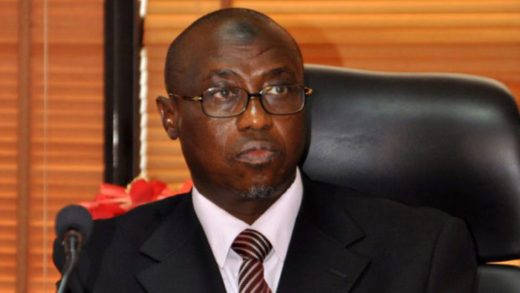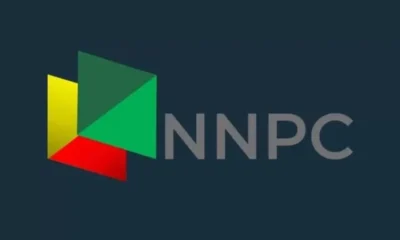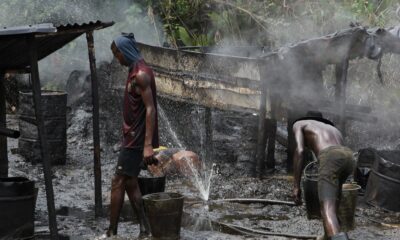The Nigerian National Petroleum Corporation (NNPC) and the Kogi State Government have signed a Memorandum of Understanding (MoU) to develop a fuel-ethanol plant that will produce 84 million litres of bio-fuel annually.
The NNPC Group Managing Director, Dr Maikanti Baru said this in a statement issued by the corporation’s Spokesman Mr Ndu Ughamadu in Abuja on Tuesday.
Baru said the project would also yield a cane mill and a raw and refined sugar plant of 126,000 tonnes annually.
He said that the Bagasse co-generation plant would also generate 64 megawatts of power, stressing that the plant would include a carbon dioxide recovery and bottling plant with a capacity of 2,000 tonnes per year.
“The sugarcane feedstock plantation would be on a 19,000 hectares and it would produce 63,000 tonnes of animal feeds per year,’’ Baru said.
Baru said the execution of the MoU was a milestone considering the present administration’s determination to diversify the economy and meet growing energy demand.
“NNPC is committed to implementing Nigeria’s Nationally Determined Contribution (NDC) under the Paris Agreement aimed at combating global Climate Change.
“This, President Muhammadu Buhari signed and deposited Nigeria’s `Instrument of Ratification’ to the UN Framework Convention on Climate Change (UNFCCC) in May 2017.”
He said the project would mitigate the negative effect of climate change and earn Nigeria carbon credits and serve as an additional line of profitable business for NNPC, including food production and power generation.
Baru envisaged that the proposed NNPC Bio-fuels project in Kaba/Bunu, Kogi State would be an integrated feedstock plantation and process plants complex.
“It will be on a land mass of 20,000 hectares for sugarcane and or 15,000 hectares for cassava with potential for further expansion.
“NNPC has carried out seven bankable feasibility studies which include three integrated sugarcane fuel ethanol projects in Benue, Kebbi and Gombe States.
“Two integrated cassava fuel ethanol projects in Ondo and Anambra States and two integrated oil palm bio-diesel projects in Rivers and Cross River States,’’ Baru said.
In his remarks, Gov. Yahaya Bello said the MoU was a milestone, adding that the project would take no fewer than two million indigenes out of the streets.
He applauded the President and Baru for their doggedness to diversify the Nigerian economy, adding that the state was ready to provide all the needed support for the take-off of the project.
































